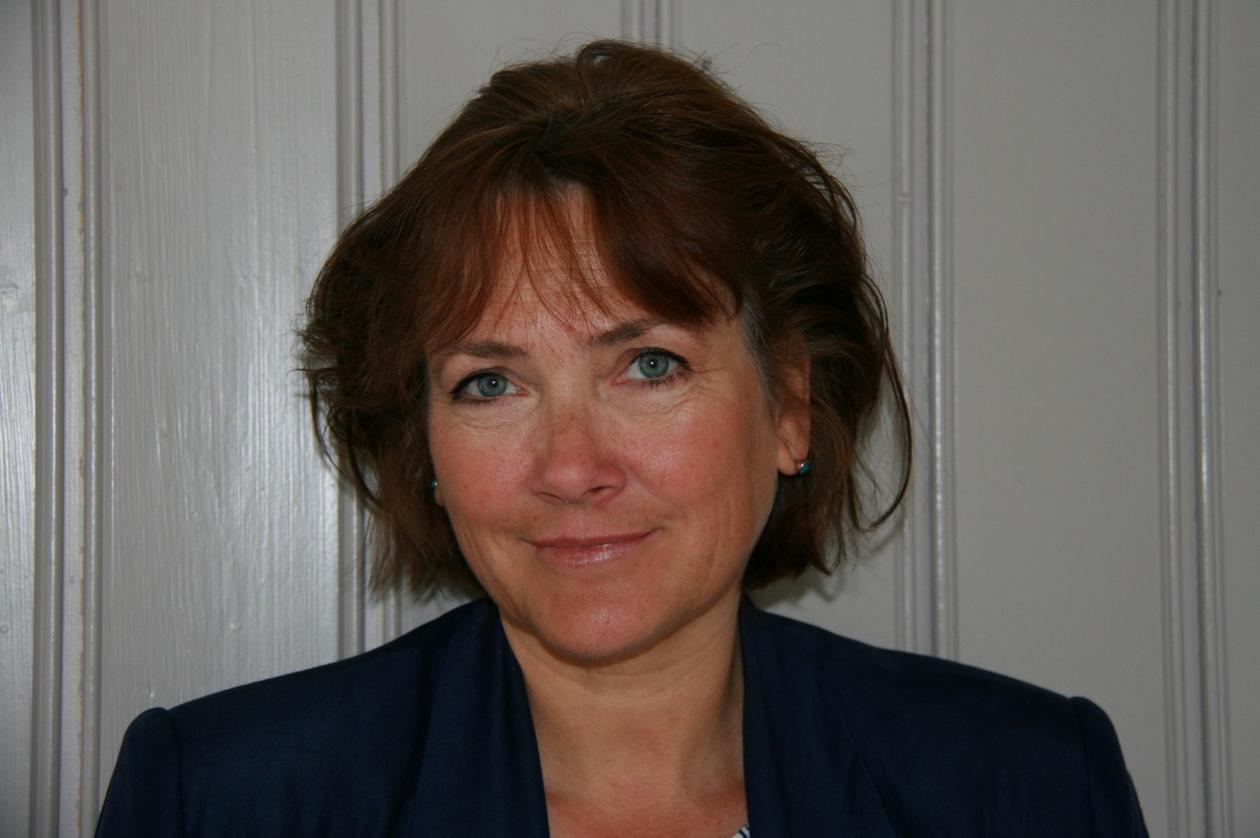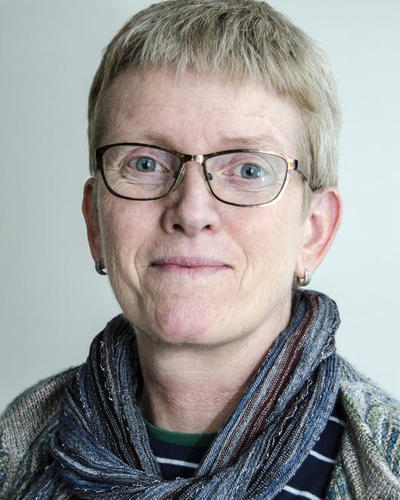Food and nutrition insecurity

Main content
Course leaders: Adjunct Professor Grace M. Egeland, Department of Global Public Health and Primary, and Associate Professor Anne Hatløy, Centre for International Health, UiB.
Learning objectives
- Understand the importance of geography, climate, social systems, and culture in food availability and access;
- Understand methodological approaches used for ascertaining national, household, and individual level food insecurity;
- Be able to discuss the strengths and weaknesses of various nutritional status assessment techniques and appreciate their utility in diverse field settings;
- Be able to discuss the key elements of successful intervention strategies and intervention research.
Assignment and presentation
Students are expected to present on a topic for fellow students and instructors at the end of the course. The suggested topic relates to a country-specific assessment of the present-day challenges for food and nutrition security and potential interventions. Students wishing additional credits can write a full essay on their topic which will be due in October. If students have ideas for another type of topic for their presentation and essay, this can be negotiated with the course instructors.
Guest lecturers include
- B. Salome Yesudas, M.Sc., Bharati Integrated Rural Development Society, Andra Pradesh, India.
- Charlotte Dufour, Ph.D., Nutrition and Food Security Consultant (formerly UN FAO Nutritionist).
- University of Bergen Professors: Peter Andersen, Tor A. Strand, Ingunn Engebretsen, Jutta Dierkes
Web resources
- International Food Policy Research Institute
- The Food and Agricultural Organization of the United Nations
- World Food Programme
Suggested reading resources
Urke HB, Cao ZR, Egeland GM. Validity of a single item food security questionnaire in arctic Canada. Paediatrics 2014; 133(6):e1616-23.
Schmid MA, Egeland GM, Salomeyesudas B, Satheesh PV, Kuhnlein HV. Traditional food consumption and nutritional status of Dalit mothers in rural Andhra Pradesh, South India. Eur J Clin Nutr. 2006;60(11):1277-83.
Salomeyesudas B, Kuhnlein HV, Schmid MA, Satheesh PV, Egeland GM. The Dalit food system and maternal and child health in Andhra Pradesh, South India. Chapter 6 in: HV Kuhnlein, B Erasmus, eds. Indigenous Peoples’ Food Systems for Health: Interventions for Health Promotion and Policy. Food and Agriculture Organization of the United Nations, Rome, 2013.
Kismul H, Hatløy A, Andersen P, Mapatano M, Van den Broeck J, Moland KM.
The social context of severe child malnutrition: a qualitative household case study from a rural area of the Democratic Republic of Congo. Int J Equity Health. 2015;14:47.
Chandyo RK, Ulak M, Kvestad I, Shrestha M, Ranjitkar S, Basnet S, Hysing M, Shrestha L, Strand TA. The effects of vitamin B12 supplementation in pregnancy and postpartum on growth and neurodevelopment in early childhood: Study Protocol for a Randomized Placebo Controlled Trial. BMJ Open. 2017;7(8):e016434.
Wadhwa N, Basnet S, Natchu UCM, Shrestha LP, Bhatnagar S, Sommerfelt H, Strand TA; zinc sepsis study group, Ramji S, Aggarwal KC, Chellani H, Govil A, Jajoo M, Mathur NB, Bhatt M, Mohta A, Ansari I, Basnet S, Chapagain RH, Shah GP, Shrestha BM. Zinc as an adjunct treatment for reducing case fatality due to clinical severe infection in young infants: study protocol for a randomized controlled trial. BMC Pharmacol Toxicol. 2017 Jul 10;18(1):56.
Food security measurement tools
Bickel G, Nord M, Price C, et al. Guide to measuring household food security, revised 2000. Alexandria (VA): Food and Nutrition Service, United States Department of Agriculture; 2000.
Wiesmann D, Bassett L, Benson T, Hoddinott J. Validation of the World Food Programme’s Food Consumption Score and Alternative Indicators of Household Food Security. International Food Policy Research Institute. IFPRI Discussion Paper 00870.
Marquis GS, Colecraft EK, Sakyi-Dawson O, Lartey A, Ahunu BK, Birks KA, Butler LM, Reddy MB, Jensen HH, Huff-Lonergan E. An integrated microcredit, entrepreneurial training, and nutrition education intervention is associated with better growth among preschool-aged children in rural Ghana. J Nutr. 2015;145(2):335-43.
Course leaders
Grace M. Egeland is a Senior Researcher (Epidemiologist) with the Norwegian Institute of Public Health, and holds a secondary appointment as Professor at the Department of Global Public Health and Primary Care at the University of Bergen. She formerly worked with McGill University’s Centre for Indigenous Peoples’ Nutrition and Environment (Montreal) and McGill’s School of Dietetics and Human Nutrition where she held a Canada Research Chair (2002-2011). In addition to her background and experience in chronic disease and nutritional epidemiology, she has experience in participatory research methods with Indigenous Peoples where she led several research initiatives, including the International Polar Year Inuit Health Survey. Prof Egeland has published a number of journal articles regarding food insecurity and nutrition transition. Her public health background includes service for the US Center for Disease Control and the State of Alaska. She received her Ph.D. in chronic disease epidemiology from the University of Pittsburgh’s School of Public Health in 1989.
Anne Hatløy is senior researcher at Fafo and Associate Professor at Centre for International Health, University of Bergen. She has nearly 30 years of experience with implementation and analysis of quantitative and qualitative research projects in developing countries (West Africa, Uganda, Eritrea, DR Congo, Haiti) on child labour, living conditions, food and nutrition security. Extensive experience with research cooperation with institutions in developing countries and in research administration.

